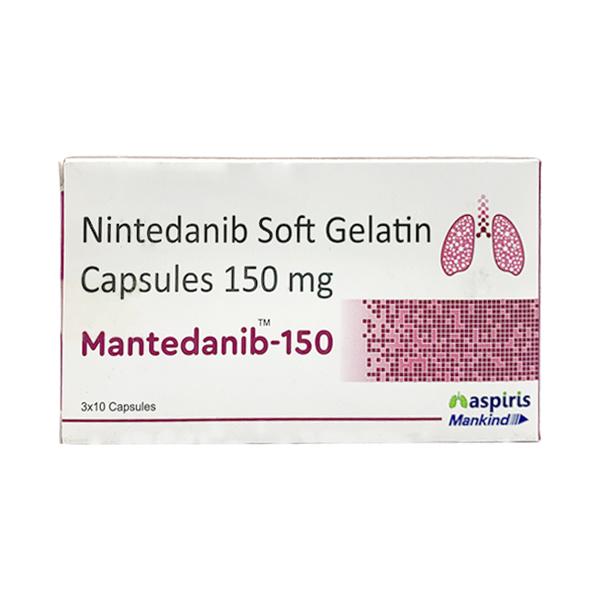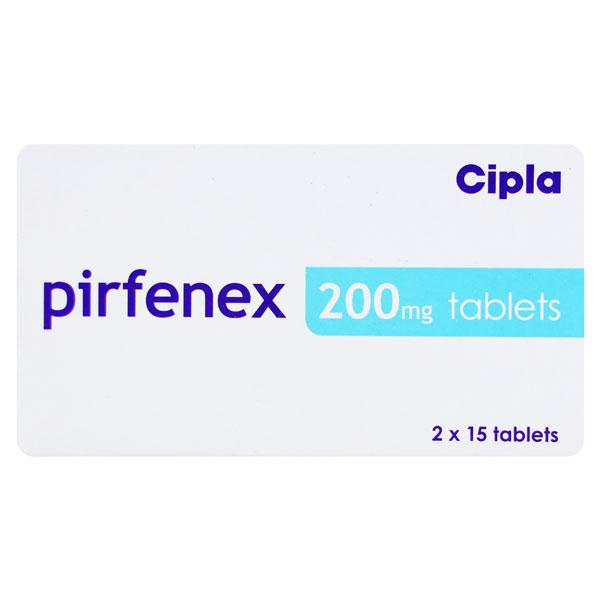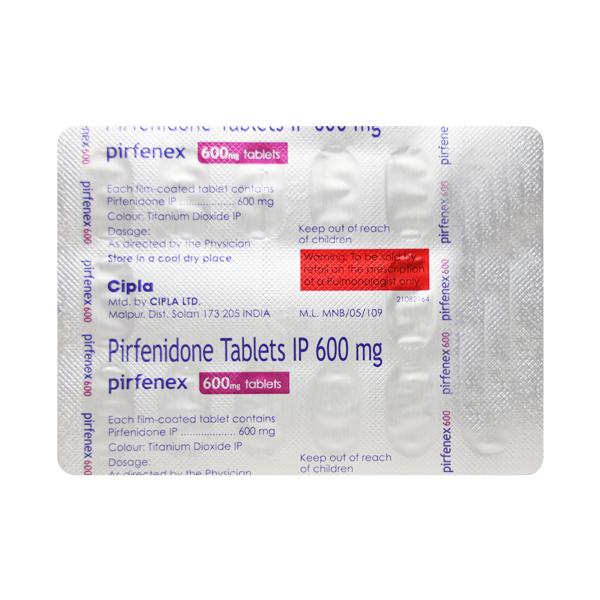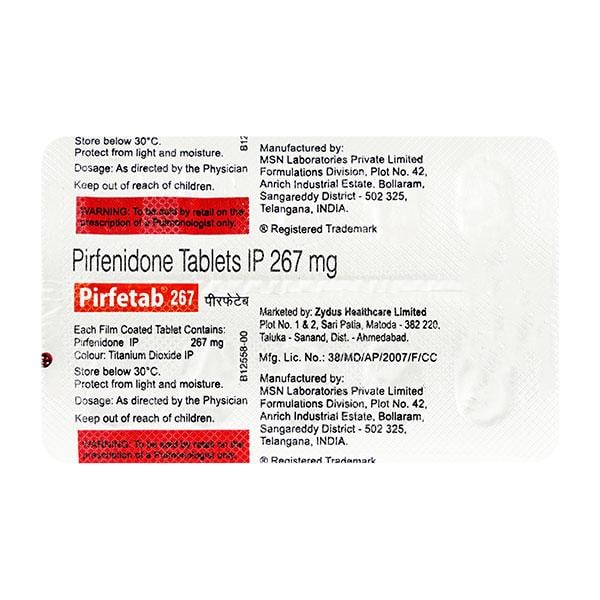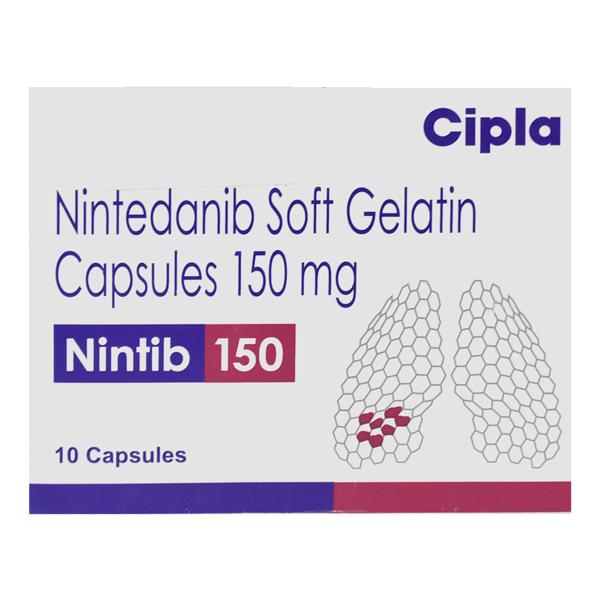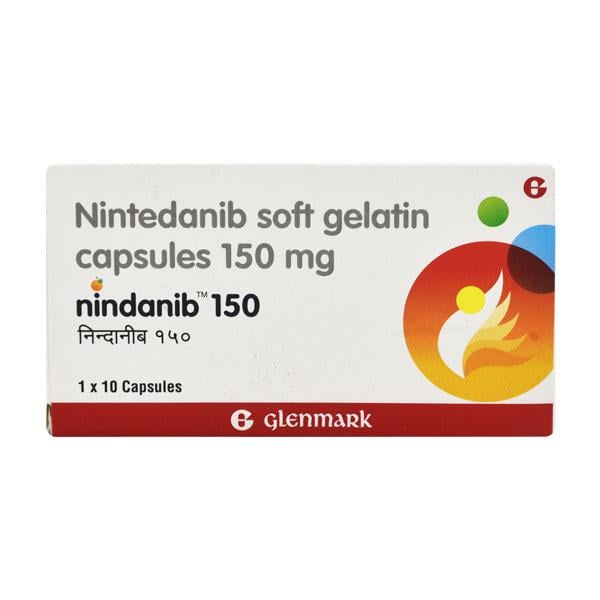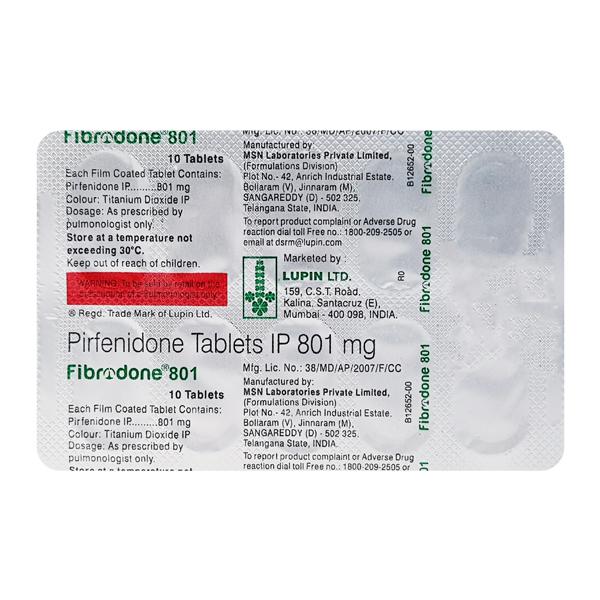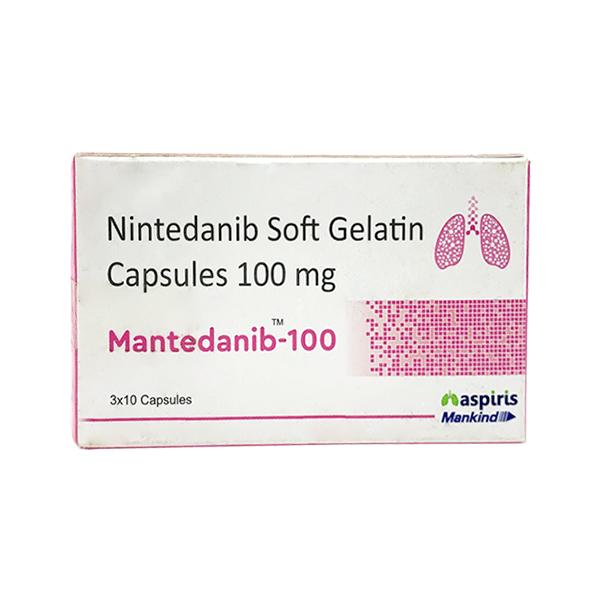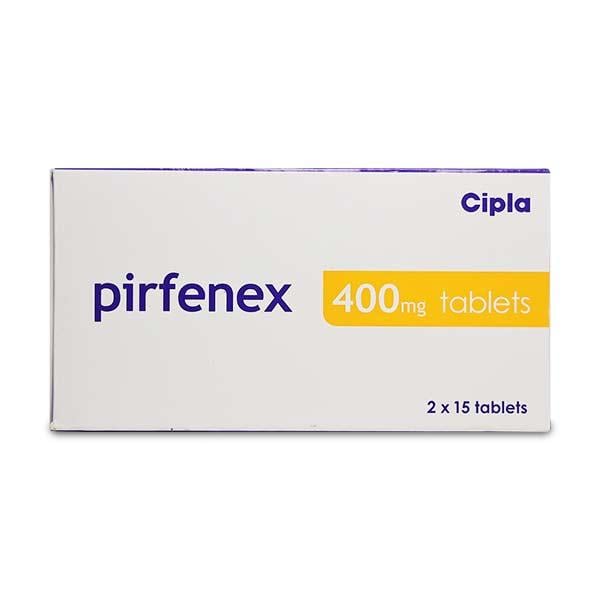


Idiopathic Pulmonary Fibrosis Medicines
Showing results in 'Idiopathic Pulmonary Fibrosis Medicines'
NINTENA 150 Soft Gelatin Capsule 10's

NINTENA 100 Soft Gelatin Capsule 10's

NINDANIB 100 Soft Gelatin Capsule 10's

Idiopathic Pulmonary Fibrosis (IPF) is a progressive and irreversible lung disease that causes scarring and thickening of the lung tissue. The cause of IPF is unknown, which is why it is referred to as idiopathic. The scarring of the lung tissue hampers the lungs from functioning properly, resulting in shortness of breath, coughing, and fatigue. As the disease progresses, it can lead to respiratory failure and ultimately death. The treatment options for IPF are limited to medications and oxygen therapy to manage symptoms and slow the progression of the disease.
How To Treat Idiopathic Pulmonary Fibrosis
Generally, IPH is triggered when the tissues in the lungs become still and thick, that eventually leads to scarring in the lungs. The condition is caused by various factors such as age, certain mutations in the genes and / or lifestyle habits. Symptoms of IPF include shortness of breath, dry cough, fatigue, weight loss, aching muscles & joints and clubber fingers. As the disease progresses, symptoms may worsen, causing shortness of breath even while at rest. IPF is often difficult to diagnose and can be mistaken for other respiratory conditions, so it's important to seek medical attention if you are experiencing any of these symptoms. Doctors may advise any one or a combination of a CT scan or hi-res CT scan, chest X-ray and lung biopsy to diagnose the condition.
How To Treat
Medications for IPF can help slow the progression of the disease and improve symptoms. Pulmonary fibrosis medications like nintedanib and pirfenidone are FDA-approved treatments for IPF. The drugs work by reducing the inflammation and fibrosis in the lungs, which can improve lung function and quality of life. Patients with IPF are often prescribed an IPF tablet by their doctors, and it is important to take the medicine for lung fibrosis as directed to get the most benefit from the treatment.




